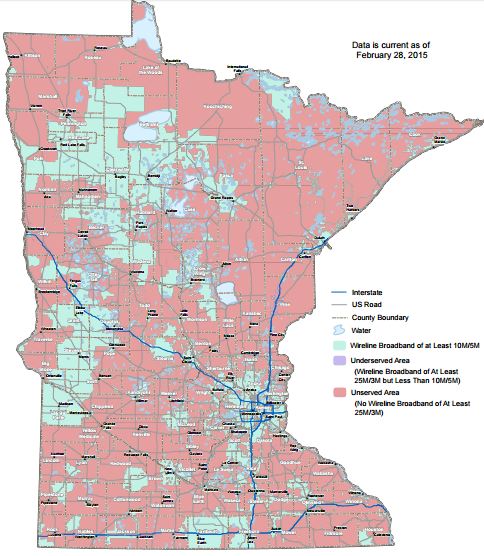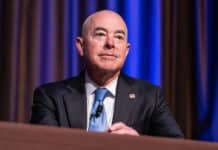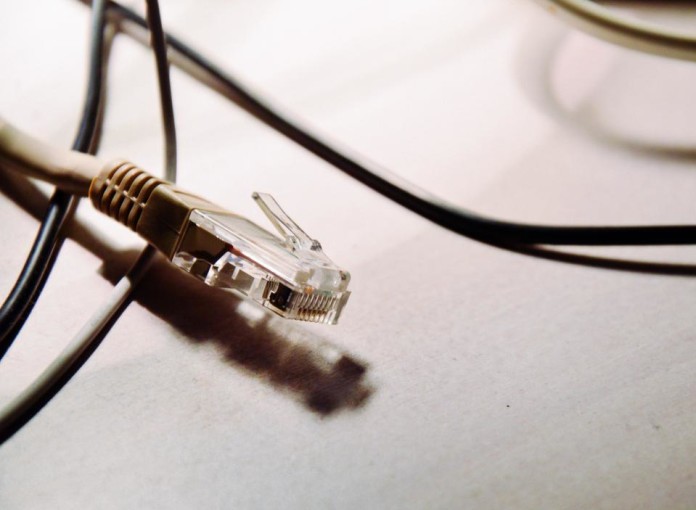One of the most talked about issues the legislature has sought to address in the 2016 legislative session is lack of rural access to high speed broadband. A fight over the amount of funding to be appropriated to address rural broadband access has recently heated up at the state’s capitol in the House of Representatives. The House of Representatives passed an omnibus finance bill that includes rural broadband funding on April 27, by a 72-54 margin.
The money appropriated in the omnibus bill passed by the republican-controlled House of Representatives appropriates $15 million in Fiscal Year 2017 and $25 million in Fiscal Year 2018 for the Border-to-Border broadband program. The state’s DFL-controlled senate requested $85 million, and Governor Dayton requested $100 million to be spent on rural broadband funding.
The $40 million appropriated over the course of the next two years falls drastically short of what DFL members wanted, and has many members expressing their frustration. DFL Representative Erik Simonson says that “Communities are begging for better broadband, and we’ve done virtually nothing,” referring to the House’s decision not to appropriate more funds from the $900 million budget surplus.
Alpha News has explored how lack of access to broadband in rural areas is stagnating economic development. The map below depicts broadband access across the state. Unserved areas dominate the state’s landscape.

The map depicts that outside of St. Cloud, the Minneapolis-St. Paul metro, Duluth, and parts of western Minnesota, much of the state remains unserved or underserved by broadband. The Center for Rural Strategies argues that broadband “is not a luxury, but a necessity” in today’s day and age. It also asserts that broadband access “becomes crucial in economics, education, and civic life, communities that are left behind pay a higher price for their lack of access.”
Rural GOP Representative Ron Kresha (Little Falls) argues that the broadband component of the omnibus budget is a “historic moment” for rural broadband.
The Senate is expected to consider this bill later this week. Obtaining a compromise when there remains at least a $45 million difference in preferred appropriation will be a tough gap to bridge. Subscribe to Alpha News to get breaking information pertaining to rural broadband funding and state omnibus budgets.











